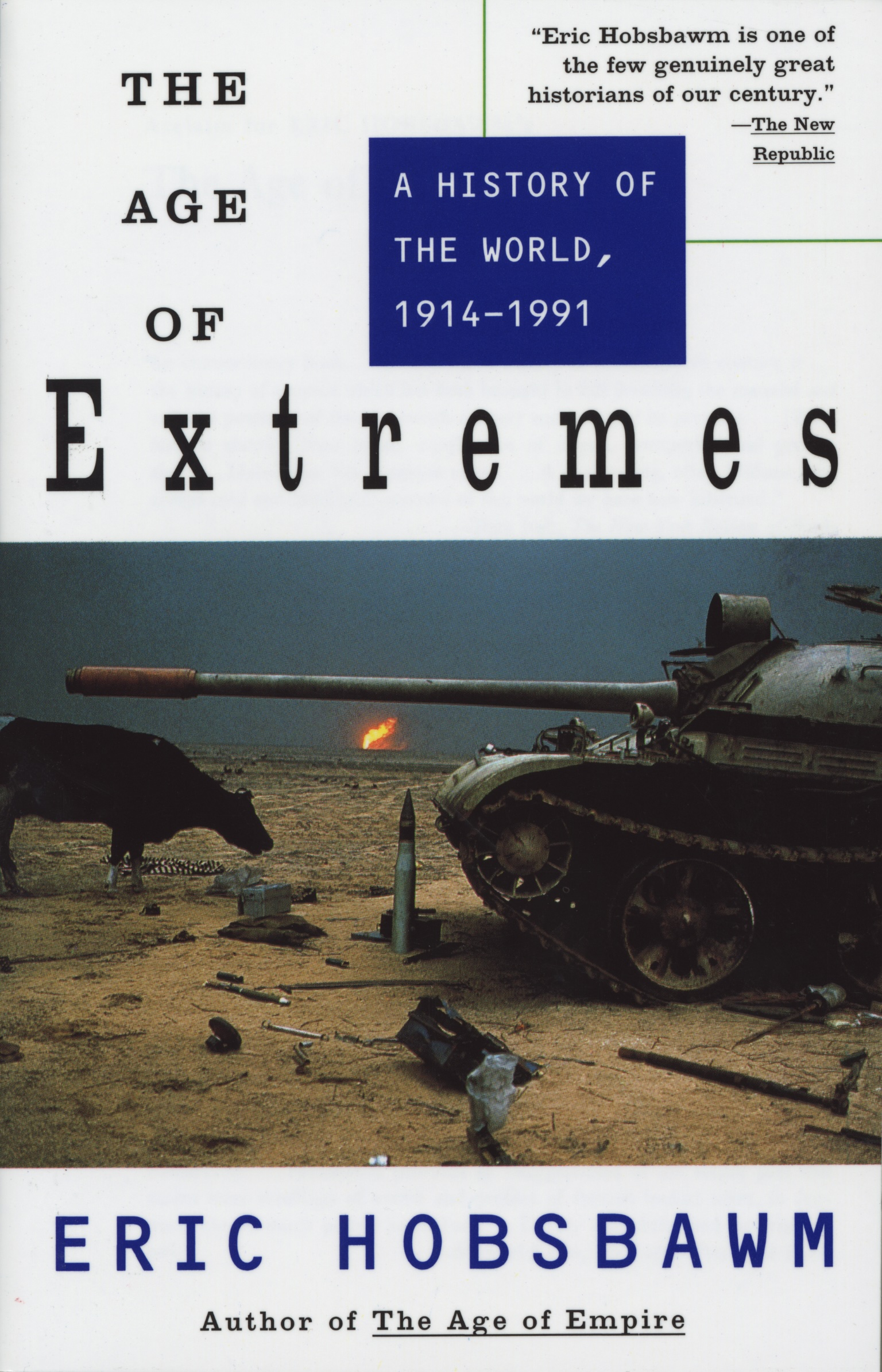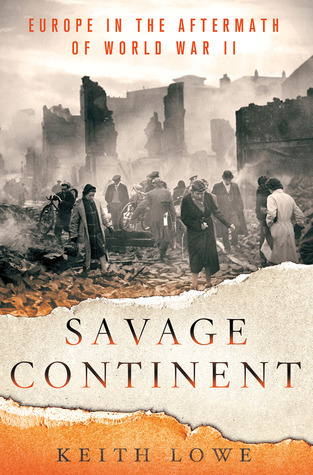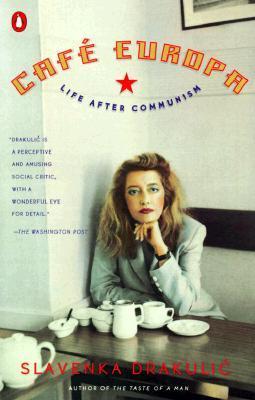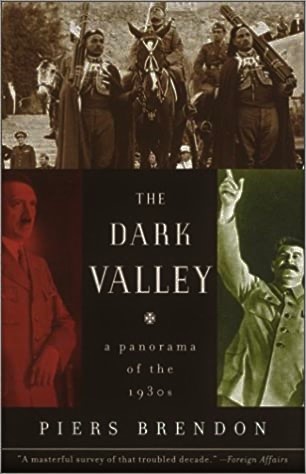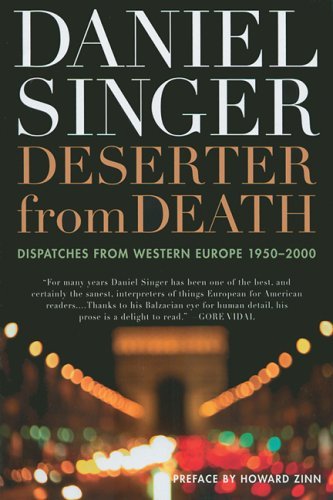
Deserter from Death: Dispatches from Western Europe 1950-2000
Book Description
A haunting journey through a continent at the crossroads, "Deserter from Death" confronts the undercurrents of war, revolution, and radical change from 1950 to 2000. Daniel Singer's vivid dispatches weave together the stories of ordinary lives caught in extraordinary times, revealing the resilience of the human spirit against the backdrop of tumultuous political upheaval. Each narrative pulses with urgency, reflecting the hopes and fears of those who dared to dream beyond the confines of despair. As cities rise and fall, can the voices of the forgotten forge a path to a brighter future, or will history repeat its darkest chapters?
Quick Book Summary
"Deserter from Death: Dispatches from Western Europe 1950-2000" by Daniel Singer weaves together half a century of European history through firsthand accounts, reportage, and analysis. Singer, a seasoned correspondent, focuses on the lived experiences of individuals during some of the continent's most defining moments: the aftermath of World War II, the rise and decline of revolutionary movements, the tension of the Cold War, and the challenges brought by economic and social transformation. Through evocative storytelling, Singer brings to life the resilience and agency of ordinary people facing oppression, uncertainty, and renewal. This compelling tapestry exposes the persistent struggle between hope and despair and raises timeless questions about the forces that shape societies and the possibilities for radical change in the shadow of overwhelming historical forces.
Summary of Key Ideas
Table of Contents
The Legacy of War and Reconstruction
In the wake of World War II, Europe found itself ravaged physically and psychologically, grappling with both the devastation of cities and the moral reckoning of the Holocaust and fascism. Singer immerses readers in the complexities of reconstruction: bombed-out communities struggling for normalcy, displaced populations searching for belonging, and Europeans reckoning with the promises and failures of Marshall Plan recovery efforts. He pays particular attention to the role of both states and citizens in piecing society back together, confronting not only material hardship but also collective trauma.
Revolution, Protest, and Social Movements
As Europe moved through the latter half of the twentieth century, waves of protest, revolution, and labor unrest swept across the continent. Singer reports on the volatile streets of Paris during 1968, the growing pains of the postwar left, and the dismantling of old hierarchies. He underlines the tension between idealism and pragmatism, sympathetic to those who dared to envision new societies but attentive to the backlash and disillusionment that often followed. Through detailed portraits, Singer explores how revolution, while inspiring, rarely delivers perfection and often leaves ambiguous legacies.
Ordinary Lives Amid Political Turmoil
Central to the book are the personal narratives unearthed from the shadows of grand historical events. Singer intentionally foregrounds the voices of workers, students, and activists, tracing how individuals navigate repressive regimes, adapt to shifting political landscapes, and sometimes become unintentional bystanders in history’s dramatic turns. These stories evoke the everyday uncertainties, small rebellions, and enduring hopes that constitute the true backbone of societal change. By spotlighting such intimate experiences, Singer challenges readers to look past official histories and statistics.
The Challenge of Memory and Forgetting
A recurring theme is Europe’s fraught relationship with its own past. Singer illustrates how the memory of war, fascism, and failed revolution is both a cautionary tale and a source of renewed radicalism. He documents attempts at memorialization and institutional forgetting, examining how selective remembrance can fuel new political divisions or suppress necessary debate. This tension between remembering and forgetting becomes a battleground for identity, citizenship, and the very possibility of progress.
Hope, Despair, and Human Resilience
In his concluding dispatches, Singer returns to the persistent dialectic of hope and despair, observing how ordinary people forge meaning and solidarity amidst uncertainty. Reflecting on the rise of neoliberalism, the end of the Cold War, and the advance of globalization, he ponders whether Western Europe’s experiment in democratic socialism has truly ended—or whether new forms of resistance can still be kindled. Ultimately, Singer’s nuanced chronicle affirms the resilience of the human spirit, even as it questions the ease with which history can repeat its darkest chapters.
Download This Summary
Get a free PDF of this summary instantly — no email required.

